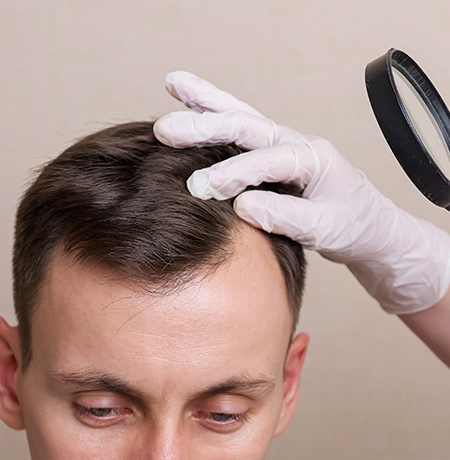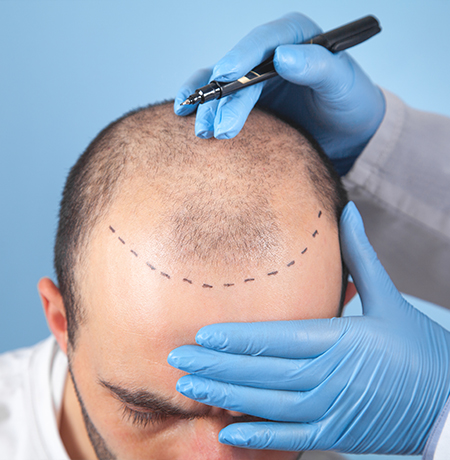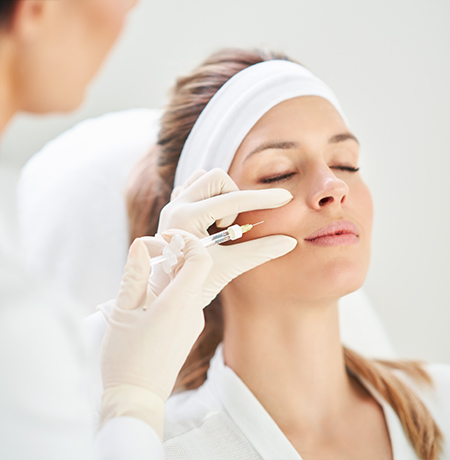Dermatology
Dermatology
Dermatology is the medical specialty that focuses on the health of the skin, hair, and nails, addressing a wide range of conditions and concerns.
Key Aspects of Dermatology:
- Skin Conditions:
– Dermatologists diagnose and treat various skin conditions, including acne, eczema, psoriasis, dermatitis, and infections. They also play a crucial role in skin cancer detection and prevention.
- Cosmetic Dermatology:
– Cosmetic dermatology involves non-surgical procedures to enhance the appearance of the skin. This can include treatments for wrinkles, fine lines, pigmentation issues, and more.
Common Dermatological Conditions:
- Acne:
– Acne is a common skin condition characterized by pimples, blackheads, and whiteheads. Dermatologists can provide personalized treatment plans to manage and prevent acne breakouts.
- Eczema:
– Eczema, or atopic dermatitis, is a chronic skin condition that causes redness, itching, and inflammation. Dermatologists can recommend lifestyle changes and prescribe medications to manage symptoms.
- Skin Cancer:
– Dermatologists are experts in skin cancer detection through regular skin examinations. They can perform biopsies and develop treatment plans for various types of skin cancer, including melanoma.
- Psoriasis:
– Psoriasis is an autoimmune skin condition that leads to the rapid buildup of skin cells, resulting in red, scaly patches. Dermatologists can offer a range of treatments to manage psoriasis symptoms.
Cosmetic Dermatology Procedures:
- Botox and Fillers:
– Botox and dermal fillers are injectable treatments used to reduce the appearance of wrinkles and restore volume to areas of the face.
- Chemical Peels:
– Chemical peels involve the application of a chemical solution to the skin to exfoliate and improve its texture. This can address issues like uneven pigmentation and fine lines.
- Laser Therapy:
– Laser treatments are used for various cosmetic purposes, including hair removal, skin resurfacing, and the treatment of vascular and pigmented lesions.
Preventive Skin Care:
- Sun Protection:
– Dermatologists emphasize the importance of sun protection to prevent skin damage and reduce the risk of skin cancer. This includes using sunscreen, wearing protective clothing, and avoiding excessive sun exposure.
- Skincare Routine:
– Establishing a proper skincare routine tailored to your skin type can contribute to overall skin health. Dermatologists can recommend suitable products and routines.
When to See a Dermatologist:
If you notice changes in your skin, hair, or nails, or if you have concerns related to skin cancer, it’s advisable to consult with a dermatologist. Regular skin check-ups are essential for early detection of potential issues.







